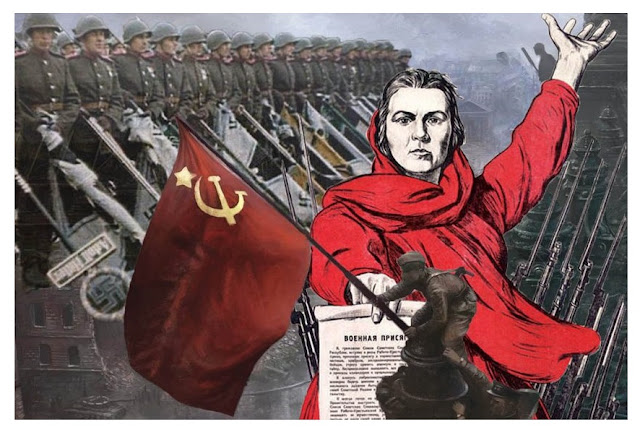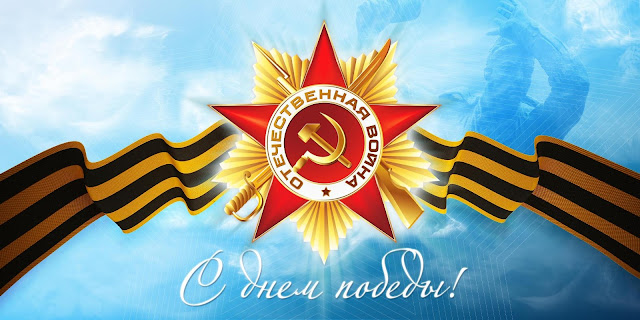Happy Victory Day Wishes Images
Victory Day, May 9th, marks the surrender of Nazi Germany to the Soviet Union in the Second World War. It was first begun in the fifteen republics of the Soviet Union following the signing of the surrender document late in the evening on May 8, 1945, but already after midnight by Moscow time, thus May 9th. During the Soviet Union's existence, May 9th was celebrated throughout the USSR and in the countries of the Easter Bloc. The war became a topic of importance in cinema, literature, and history lessons at school, the mass media, and the arts. After the fall of communism in Central and Eastern Europe, most former USSR countries retained the celebration. In Russia during the 1990s, May 9th was not celebrated massively, because Soviet-style mass demonstrations did not fit in with the way the liberal power base in Moscow communicated with the country’s residents. Things changed when Vladimir Putin came to power. He started to promote the prestige of the governing regime and history, national holidays and commemorations all became a source for national self-esteem. Since then Victory Day in Russia has increasingly been turning into a joyous celebration in which popular culture plays a great role.


















